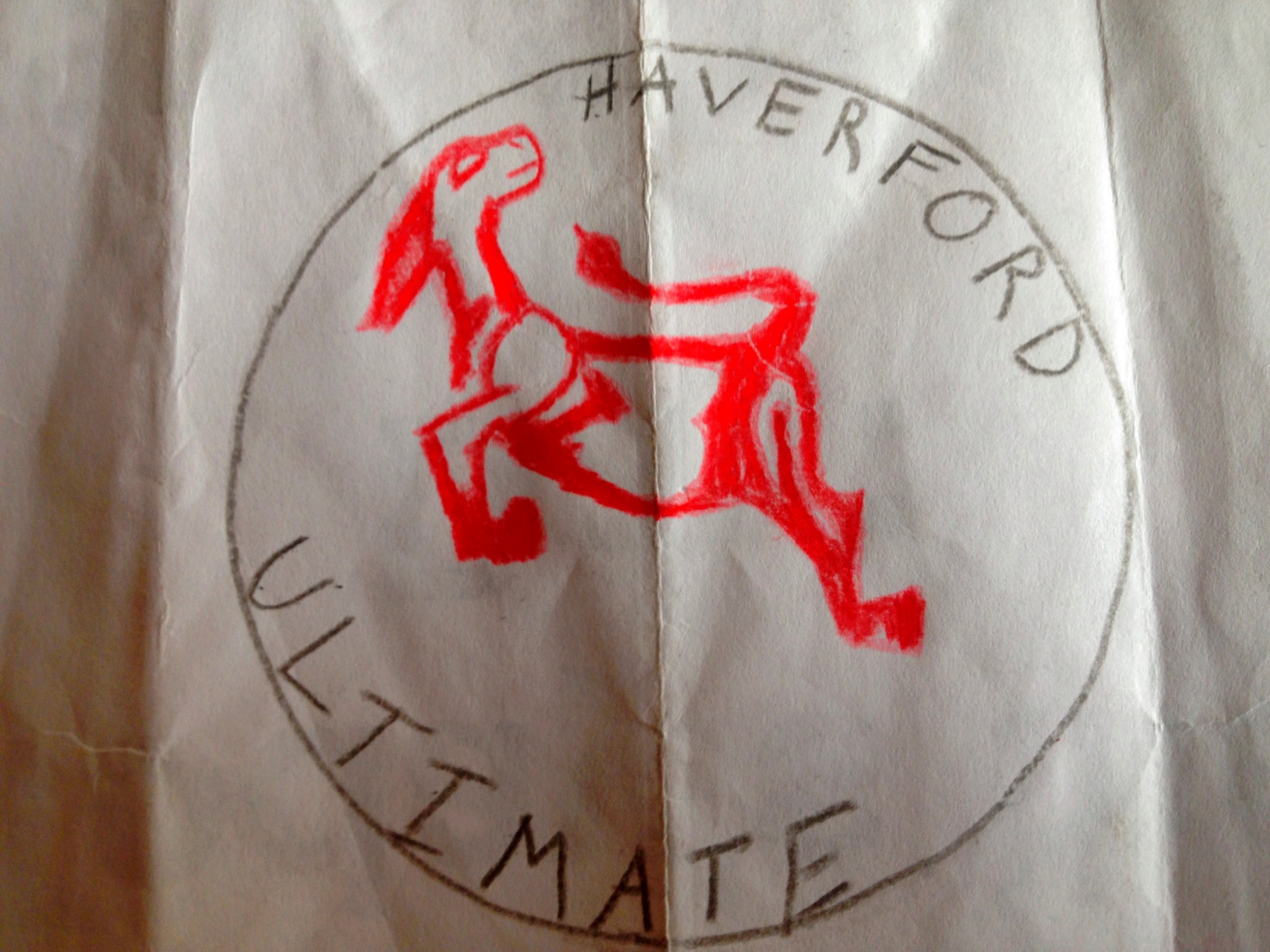April 25, 2016 - 17:47

Over the course of this year, the two captains of my frisbee team have done a tremendous job of attempting to remain in a state of constant self reflection and evaluation. In doing this, they have always tried to align what they were doing and planning for the team with what the other players wanted out of the team. Over a large portion of the fall, we spent a lot of time learning the basics and trying to keep the team accessible and open to everyone who wanted to come out, regardless of how highly they prioritize the team or how often they chose to come to practices. As the Fall season began to wind down, the team had individual meetings with the captains and a discussion as a full team in which a large portion of the team expressed the sentiment that they wanted to become a more competitive team in the spring season.
As a result of these meetings, the captains did everything they could to try and adapt to what the players wanted. We played in competitive tournaments, we upped the intensity of practices, and all the while the captains tried to make room for fun and inclusiveness, but with a much more competitive underlying vibe. As the spring season progressed, it became clear that our team, in expressing a desire to be more competitive, never fully understood or clarified whether being more competitive would prioritize skill or effort in the pursuit of competition. Many people began to get upset about not getting a lot of playing time or feeling that they were not having fun at practice. These feelings, however, were never brought to the attention of the captains and, if they were, people expected immediate change that catered to their concerns. Many people, in voicing their concerns, failed to recognize that their feelings may not have been shared by the team as a whole and that change is hard when people change their minds during the middle of a season about what they want.
As a result of these failures to communicate, and people’s failure to understand what they themselves want, or what that entails, the team has been in flux for the past week and a half. All of this underlies the importance of communication in any kind of team or group dynamic. This communication must come from a place of knowledge about oneself, but also make room for people to figure out how they feel as they talk through things. Our team is ultimately going to be fine, but things will improve only through a shift in communication.

